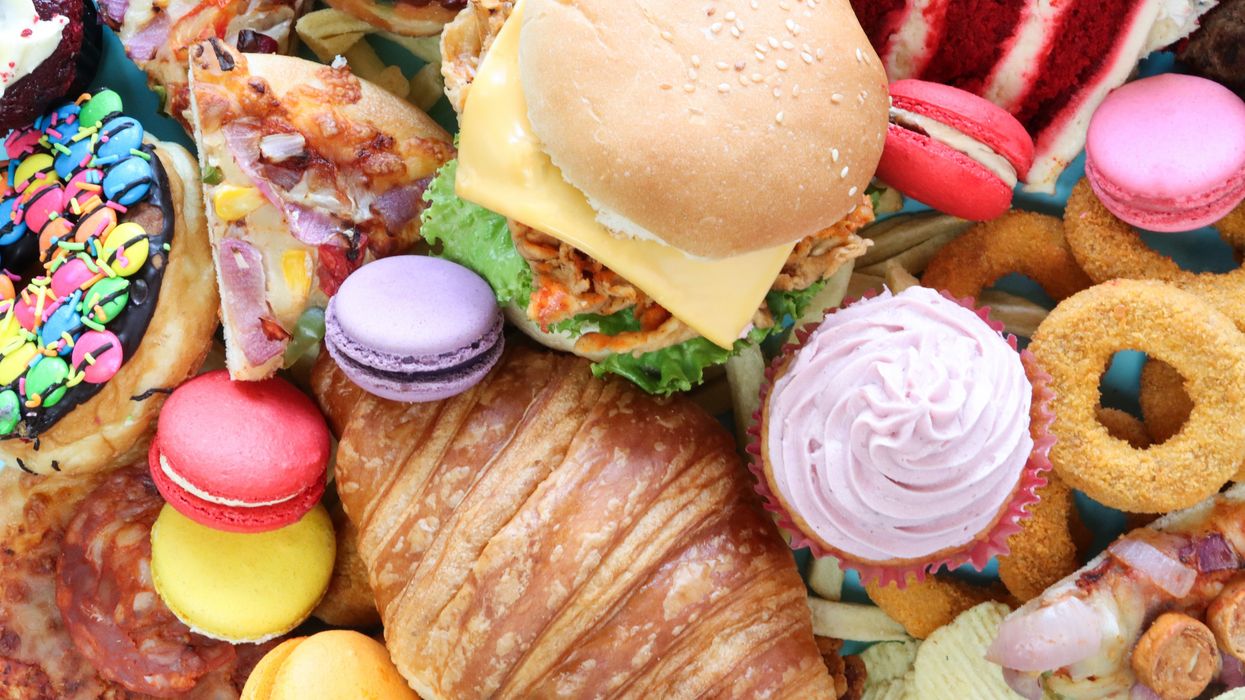Consuming high amounts of ultra-processed food (UPF) significantly increases the risk of early death, according to a major international study, leading to renewed calls for tougher regulation.
The research, which involved data from eight countries including the United Kingdom and the United States, found that each 10% increase in UPF consumption raises the risk of dying before the age of 75 by 3%. The study, published in the American Journal of Preventive Medicine, highlights the widespread impact of UPFs on public health.
Ultra-processed foods, such as industrially manufactured bread, cakes, and ready meals, are implicated in as many as one in seven premature deaths in some nations. Researchers found that UPFs are associated with 124,107 early deaths each year in the United States and 17,781 annually in the United Kingdom.
Eduardo Augusto Fernandes Nilson, the lead investigator from the Oswaldo Cruz Foundation in Brazil, explained that the health risks of UPF extend beyond their high fat, salt, and sugar content. Additives such as sweeteners and flavourings, as well as changes that occur during industrial processing, contribute significantly to adverse health outcomes.
The researchers reviewed official dietary and mortality surveys from the UK, US, Australia, Brazil, Canada, Colombia, Chile, and Mexico. They observed a “linear dose-response association” between UPF intake and all-cause mortality, meaning that as UPF consumption increases, the risk of early death rises proportionally.
The burden of premature deaths linked to UPF varies across countries. In Colombia, Brazil, and Chile, 4%, 5%, and 6% of early deaths respectively were attributed to UPF consumption. However, the figures were markedly higher in Canada (10.9%), the United States (13.7%), and the United Kingdom (13.8%), where UPF intake is more prevalent.
“Premature deaths attributable to consumption of ultra-processed foods increase significantly according to their share in individuals’ total energy intake,” the researchers concluded. “A high amount of UPF intake can significantly affect health.”
The countries with the highest rates of deaths related to UPFs are also those where these foods make up the largest portion of the diet. In the United Kingdom, UPFs account for 53.4% of the total energy intake, according to the National Diet and Nutrition Survey conducted in 2018–19. The figure is even higher in the United States, at 54.5%.
“We first estimated a linear association between the dietary share of UPFs and all-cause mortality, so that each 10% increase in the participation of UPFs in the diet increases the risk of death from all causes by 3%,” Nilson said.
He also noted that UPFs affect health beyond the individual impact of high contents of sodium, trans fats and sugar. “The industrial processing of foods and the use of artificial ingredients, including colourants, artificial flavours and sweeteners, emulsifiers and other additives, contribute significantly to the negative health effects. Assessing deaths from all causes associated with UPF consumption provides an overall estimate of the impact of industrial food processing on health,” he added.
While the highest burden of UPF-related illness and deaths currently occurs in high-income countries, the trend is growing in low- and middle-income nations as well, according to the researchers.
The study’s authors have called on governments around the world to introduce stronger measures to address the issue. They recommended actions such as tighter regulation of food marketing, particularly towards children, restrictions on the sale of UPF in schools and workplaces, and the introduction of taxes on ultra-processed food products to discourage consumption.
This study adds to a growing body of evidence linking UPFs to serious health conditions, including cancer, heart disease, and a higher overall risk of dying before 75. However, the researchers cautioned that their findings show an association rather than a direct causal relationship between UPF consumption and early death.
Previous research supports these findings. For example, a study published last year in the BMJ found that individuals who consume the most UPFs have a 4% higher overall risk of death and a 9% higher risk of dying from causes other than cancer or heart disease. That study identified processed meats, sugary products, and ultra-processed breakfast cereals as among the most harmful UPF items.
In response to the findings, a spokesperson for the Department of Health and Social Care said: “We have already taken action to end the targeting of junk food adverts to children, across TV and online, and we have handed local authorities stronger powers to block applications for new takeaways near schools.
“We are also commissioning research to improve the evidence on the health impacts of Through our Plan for Change, we will shift the focus from sickness to prevention, reducing the burden of obesity on public services and the NHS.”
The growing concern over UPFs reflects a broader shift towards prioritising preventive health measures and reducing the consumption of industrially processed foods in favour of whole and minimally processed options.





